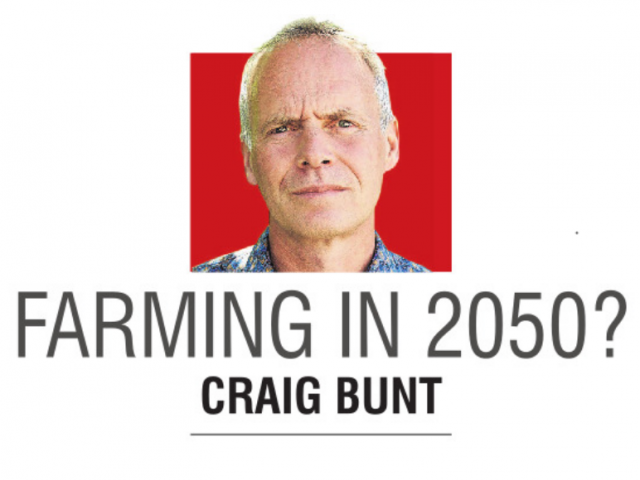
As the global population nears 10 billion, agriculture must produce more food with fewer resources, minimise environmental impact and improve distribution.
These pressures are driving innovation across every facet of farming, from how we grow crops and raise livestock to who participates in agriculture.

Farms will be hubs of advanced technologies. Precision agriculture, powered by AI, robotics, and satellite imaging, will enable real-time monitoring of soil health, moisture, and crop growth.
Autonomous tractors and drones will handle planting, spraying, and harvesting. Sensors embedded in soil and plants will feed data into cloud platforms, enabling predictive analytics for yield optimisation and pest control.
Both genetic engineering and conventional breeding will produce crops more resilient to climate stress and requiring fewer inputs.
Vertical farming and controlled-environment agriculture will expand, especially in urban areas where land is scarce. These systems offer year-round production and reduced pesticide use, but are energy-intensive and best suited to leafy greens and herbs. Staple crops like wheat and maize will remain reliant on open-field farming powered by sunlight.
Sustainability will be central to agricultural policy and practice. Adaptable agriculture, focused on maintaining soil health, increasing biodiversity, and capturing carbon, will be widely adopted.
Practices like cover cropping, reduced tillage, and rotational grazing will become standard, improving water retention and reducing erosion.
Land use will shift towards more ecologically sensitive models, with marginal lands rewilded or used for agroforestry, and high-yield zones managed intensively but sustainably. Urban agriculture will flourish, contributing to local food security.
Climate change will increasingly determine where farming is viable. Some regions may become unfarmable due to extreme dryness or wetness, severely limiting traditional agriculture. This will drive innovation.
In New Zealand, particularly the South Island, diversification into crops like avocados and more hectares devoted to horticultural may offer resilience against climate volatility and open new economic opportunities.
Vegan farming systems will continue to grow but face challenges as they move to organic farming practices in maintaining soil fertility without synthetic inputs. Composting alone often falls short at scale.
Integrated systems that include livestock such as ruminants can help close nutrient loops, enhance soil structure, and contribute to carbon sequestration. Future vegan models might not be animal-free and may adopt mixed systems to leverage livestock’s ecological benefits alongside crop production.
The farmer of 2050 will be a data-driven strategist, skilled in digital tools, environmental science, and business management. Education will reflect this shift, blending agronomy with technology and sustainability.
Farming will be seen as a respected career path, attracting professionals, scientists, engineers, ecologists, coders, and entrepreneurs who view agriculture as a way to make a tangible impact.
The agricultural workforce will be more diverse and inclusive. As technology and education lower barriers to entry, people from varied backgrounds will bring new perspectives, cultural knowledge, and innovative approaches to land stewardship and business management.
Covered cropping, using greenhouses, hoop houses, and shade structures, will become the standard to mitigate environmental impacts and improve crop quality. These systems protect against extreme weather, reduce pesticide use, and allow for year-round production. In regions facing climate volatility, they will be essential for maintaining yields and protecting livelihoods.
Food production will also diversify beyond traditional farming. Precision fermentation will grow in importance for producing niche ingredients like casein and whey proteins, especially for infant formula and specialty foods. These can be made with minimal land and water use and by 2050 there might be a use for the precision fermentation waste streams. However, they won’t replace conventional meat or dairy at scale. Instead, hybrid products combining plant proteins with cultured fats or animal-derived flavour compounds will offer realistic sensory experiences and improved supply chain resilience.
Farming in 2050 will be smarter, greener, and more inclusive. It will blend tradition with innovation, harnessing technology to meet global food demands while restoring ecosystems and empowering communities.
The farmer of the future will continue to be a steward of the land and in addition data, navigating complex challenges with creativity and resilience. Agriculture will evolve towards more sustainable and socially responsible practices, focused not just on feeding the world, but on supporting long-term ecological and community resilience.
— Craig Bunt is professor of agricultural innovation at the University of Otago.





















